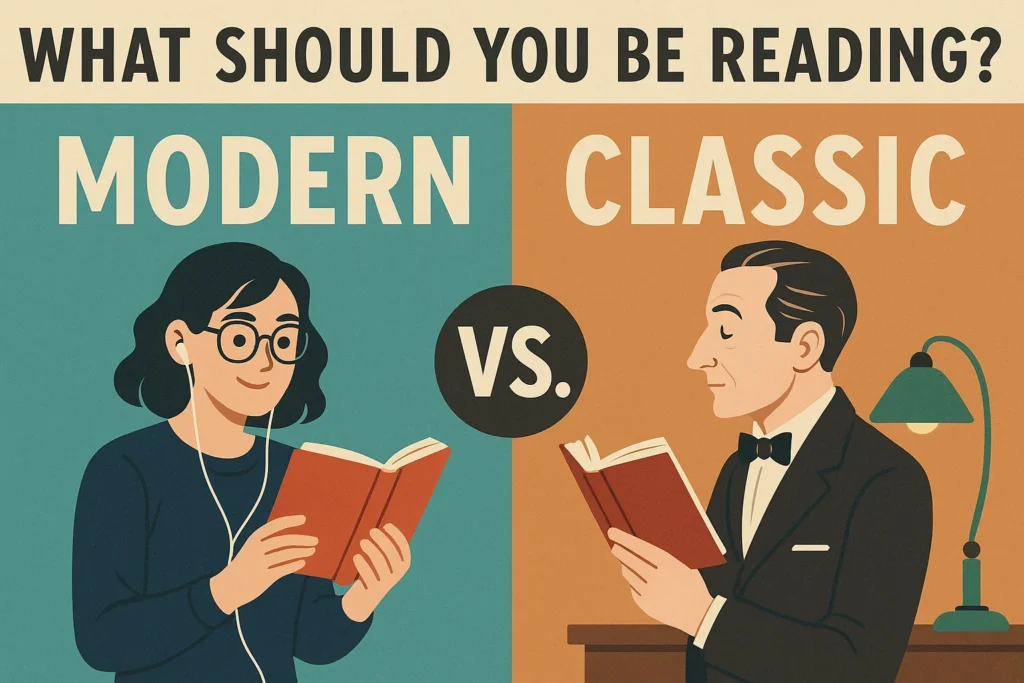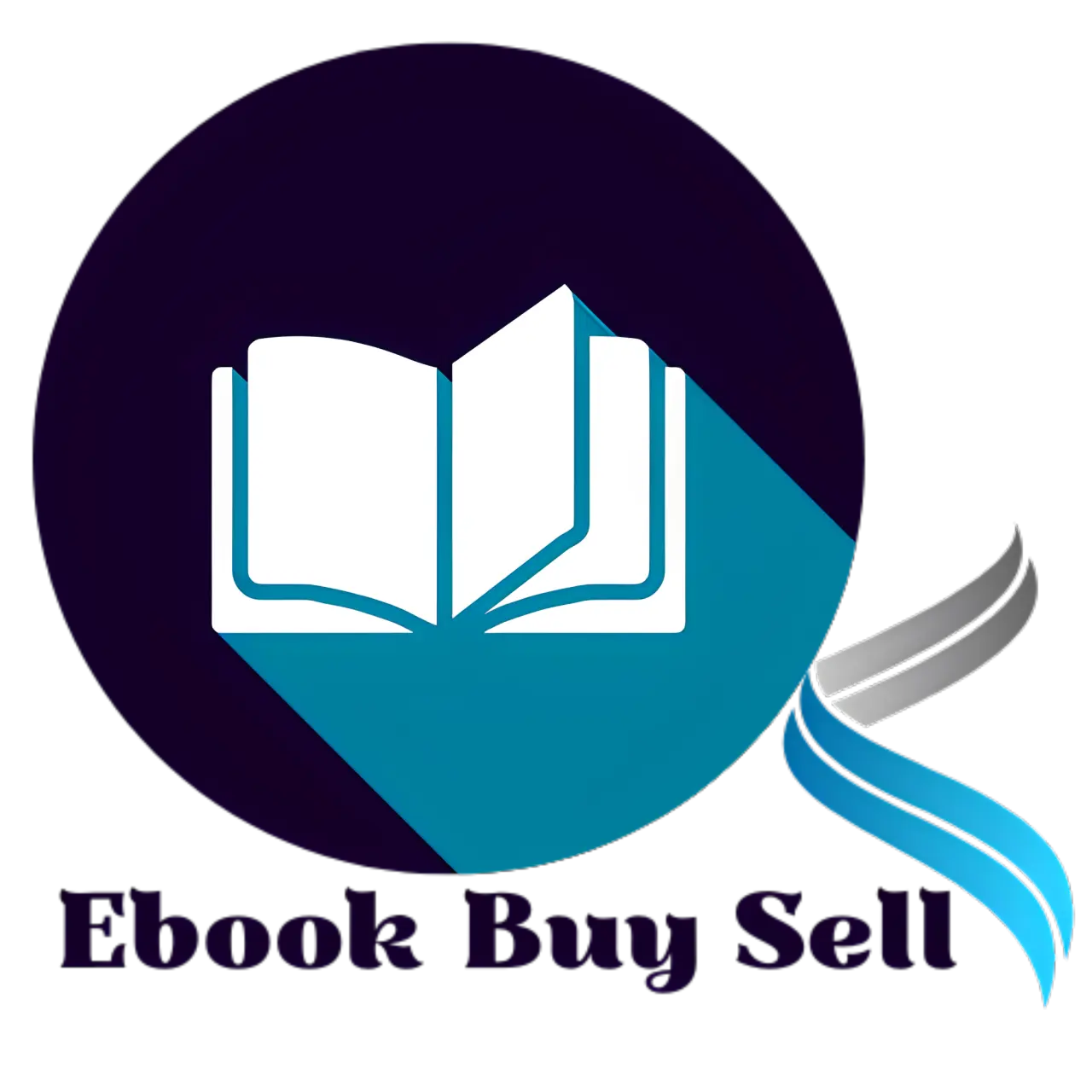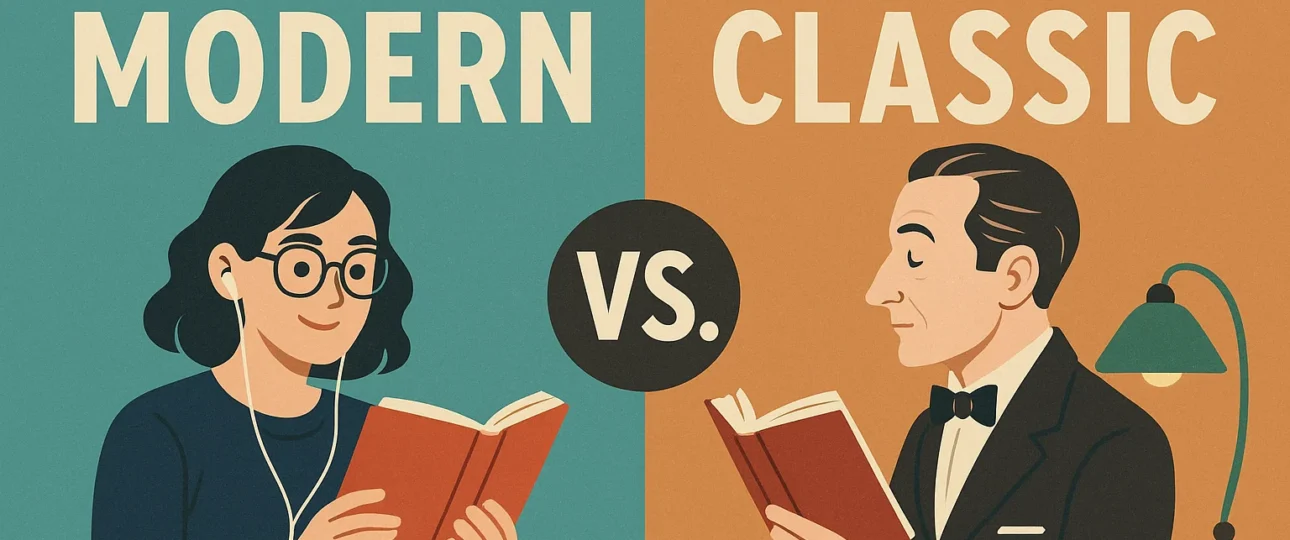In a world where literature spans centuries and genres, readers often face a timeless question: Modern vs. Classic, What Should You Be Reading? With thousands of books available, choosing between contemporary bestsellers and enduring masterpieces is more than a matter of taste—it’s about purpose, perspective, and passion.
In this article, we’ll explore the defining features of both modern and classic literature, highlight their benefits, and help you decide which might suit your reading goals better. Whether you’re a curious beginner or a seasoned bibliophile, this guide will give you insight into making the most of your reading time.
What Defines Classic Literature?
Classic literature refers to works that have stood the test of time, often revered for their historical significance, artistic merit, and philosophical depth. These books typically offer rich language, complex characters, and timeless themes.
Characteristics of Classic Literature:
- Enduring themes: Love, war, power, morality, identity.
- Influence: Classics often inspire or shape future literary works.
- Cultural and historical insights: They offer a window into past societies, norms, and values.
- Language richness: Though sometimes challenging, the language in classics deepens vocabulary and comprehension.
Examples of Classic Literature:
- Pride and Prejudice by Jane Austen
- 1984 by George Orwell
- The Great Gatsby by F. Scott Fitzgerald
- Crime and Punishment by Fyodor Dostoevsky
- To Kill a Mockingbird by Harper Lee
Reading classics can feel like time travel. You’re not just enjoying a story; you’re immersing yourself in a piece of human history.
What Makes a Book Modern?
Modern literature generally refers to books written in the 21st century, although the term is sometimes used more broadly to include the post-World War II era. These books often reflect current issues, diverse voices, and experimental styles.
Characteristics of Modern Literature:
- Contemporary settings: Stories reflect today’s society, technology, and lifestyle.
- Diverse perspectives: Includes voices from different cultures, identities, and backgrounds.
- Relatable themes: Mental health, identity, social justice, climate change.
- Accessible language: Often written in straightforward prose for wider appeal.
Examples of Modern Literature:
- The Midnight Library by Matt Haig
- Normal People by Sally Rooney
- The Night Circus by Erin Morgenstern
- Where the Crawdads Sing by Delia Owens
- Project Hail Mary by Andy Weir
Modern books often speak directly to our current lives, making them emotionally immediate and culturally relevant.
Comparing the Two: Pros and Cons
When asking Modern vs. Classic, What Should You Be Reading, it’s helpful to compare their strengths and weaknesses.
| Aspect | Classic Literature | Modern Literature |
|---|---|---|
| Language Style | Rich, formal, complex | Simple, conversational, experimental |
| Relevance | Historical perspective | Culturally and socially relevant |
| Themes | Universal and philosophical | Personal, political, and urgent |
| Representation | Often lacks diversity | Broad representation of identities |
| Reading Difficulty | Higher due to old language and references | Generally easier to read and understand |
| Educational Value | High—frequently included in curricula | High—reflects modern issues and ethics |
Who Should Read Classics?
Reading classics can be rewarding for those who:
- Want to improve vocabulary and comprehension.
- Are interested in history, culture, and philosophy.
- Wish to explore the roots of modern storytelling.
- Enjoy thought-provoking and layered narratives.
Classic books also offer intellectual prestige. They are referenced in films, speeches, and other books, giving readers a broader understanding of cultural conversations.
Who Should Read Modern Books?
Modern books are ideal for readers who:
- Prefer fast-paced, relatable narratives.
- Enjoy books about real-world issues.
- Seek diverse characters and experiences.
- Are just getting into reading and want accessible material.
For people struggling to build a reading habit, modern books often offer an easier entry point. They’re designed to engage quickly and reflect current lifestyles.
How to Balance Both
Luckily, you don’t have to choose one side. A balanced reading diet that includes both can offer the best of both worlds. Here’s how to mix modern and classic literature in your routine:
1. Alternate Genres and Eras
Read a classic novel followed by a modern one. For instance, read Jane Eyre and then Eleanor Oliphant Is Completely Fine to compare themes of loneliness and social expectation.
2. Pair Themes
Choose books with similar themes from different eras. For example:
- Frankenstein (classic) and Klara and the Sun (modern) both explore artificial intelligence and humanity.
- The Bell Jar and My Year of Rest and Relaxation deal with mental health and societal pressure.
3. Join Book Clubs
Some clubs offer “classic vs. contemporary” formats where you compare older texts with new interpretations or modern responses.
4. Set Reading Goals
Dedicate time to both types. For example, commit to reading 6 classics and 6 modern books per year.

Modern vs. Classic: What Should You Be Reading Based on Your Goals?
Here’s a quick guide based on your personal reading objectives:
| Goal | Recommended Reading |
|---|---|
| Expand vocabulary | Classic literature |
| Understand history and culture | Classic literature |
| Relate to current experiences | Modern literature |
| Start a reading habit | Modern literature |
| Explore literary techniques | Classic and Modern |
| Discover new voices | Modern literature |
Whether you’re reading for personal growth, education, or entertainment, aligning your book choices with your goals will make reading more meaningful.
The Verdict: Modern vs. Classic, What Should You Be Reading?
Ultimately, when it comes to Modern vs. Classic, What Should You Be Reading, there’s no one-size-fits-all answer. Both have their unique charm and value. Classics challenge your intellect and deepen your cultural literacy. Modern books bring comfort, connection, and contemporary reflection.
If you’re new to reading, start with accessible modern books and gradually include classics. If you’re a literature lover, balance both to keep your reading life rich and varied.
Final Thoughts
Reading is not a competition between old and new—it’s a journey through human expression across time. So instead of choosing sides in the Modern vs. Classic, What Should You Be Reading debate, embrace both worlds. The wisdom of the past and the voice of the present together shape a truly fulfilling reading experience.
No matter where you start, the important thing is to read. Let your curiosity lead the way, and your bookshelves will soon hold treasures from every era.
Read More Read Your Way to Better Decision-Making
See More Why Not Start Today


2 Comments
[…] Read More Modern vs. Classic: What Should You Be Reading […]
[…] Read More Modern vs. Classic: What Should You Be Reading […]